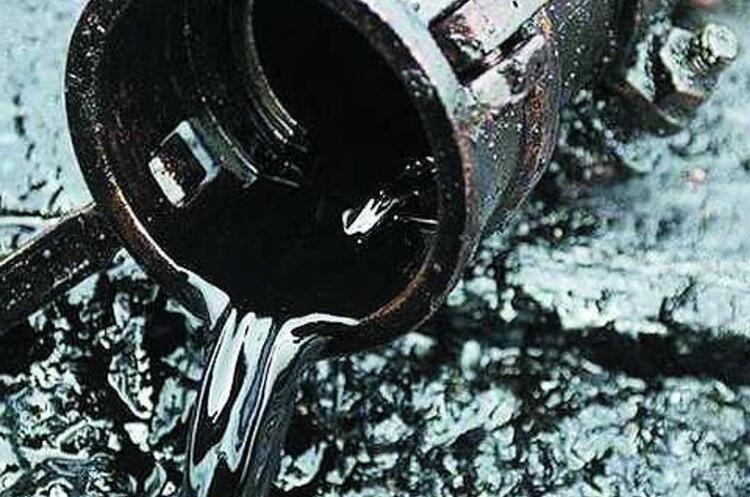Bloomberg: Europe quickly found a replacement for Russian oil products
Within two weeks of Western sanctions, Russia has already lost more than 60% of the European market

The EU's sanctions on Russian oil products have had virtually no negative effect on Europe, although a month ago, experts and market participants expressed fears of a shortage of diesel and other oil products after the price ceiling was introduced.
However, European countries were almost immediately able to reorganize the logistics of supply from Russia to the Middle East and Asia.
Source. Bloomberg reports with reference to the data of Vortexa Ltd.
Diesel supplies in February have already exceeded January's figures, despite fears of supply disruptions. Moreover, the volume of supplies from Asia and the Middle East has updated its highs in seven years, and their share has increased to 60% of imports – a record since 2016, the agency notes. Total supplies in February should reach 1.55 million barrels of oil products per day, which is significantly higher than in January, when a significant share of supplies came from Russia.
"The absence of Russian barrels has likely opened up opportunities for suppliers east of the Suez Canal," said Vortexa analyst Pamela Munger. According to her, about 60% of diesel imports from the Middle East and Asia from February 1 to 18 fell on the Amsterdam-Rotterdam-Antwerp region.
The supply of Russian products fell to a seven-year low and is estimated by Vortexa at only 282 thousand barrels per day. For comparison, the average export of petroleum products from Russia to the EU in 2021 was 681 thousand barrels per day, meaning that in the two weeks of Western sanctions, Russia has already lost more than 60% of the European market.
Europe quickly and painlessly survived the refusal of Russian oil products, the agency notes that this was facilitated by an active search for alternative suppliers, a decrease in domestic consumption, and a warm winter, which helped to significantly increase fuel reserves in storage facilities.
Background. As a reminder, Russian oil companies were ordered to drastically reduce exports to drive up the price of oil.
If you have read this article to the end, we hope that means it was useful for you.
We work to ensure that our journalistic and analytical work is of high quality, and we strive to perform it as competently as possible. This also requires financial independence. Support us for only UAH 196 per month.
Become a Mind subscriber for just USD 5 per month and support the development of independent business journalism!
You can unsubscribe at any time in your LIQPAY account or by sending us an email: [email protected]



